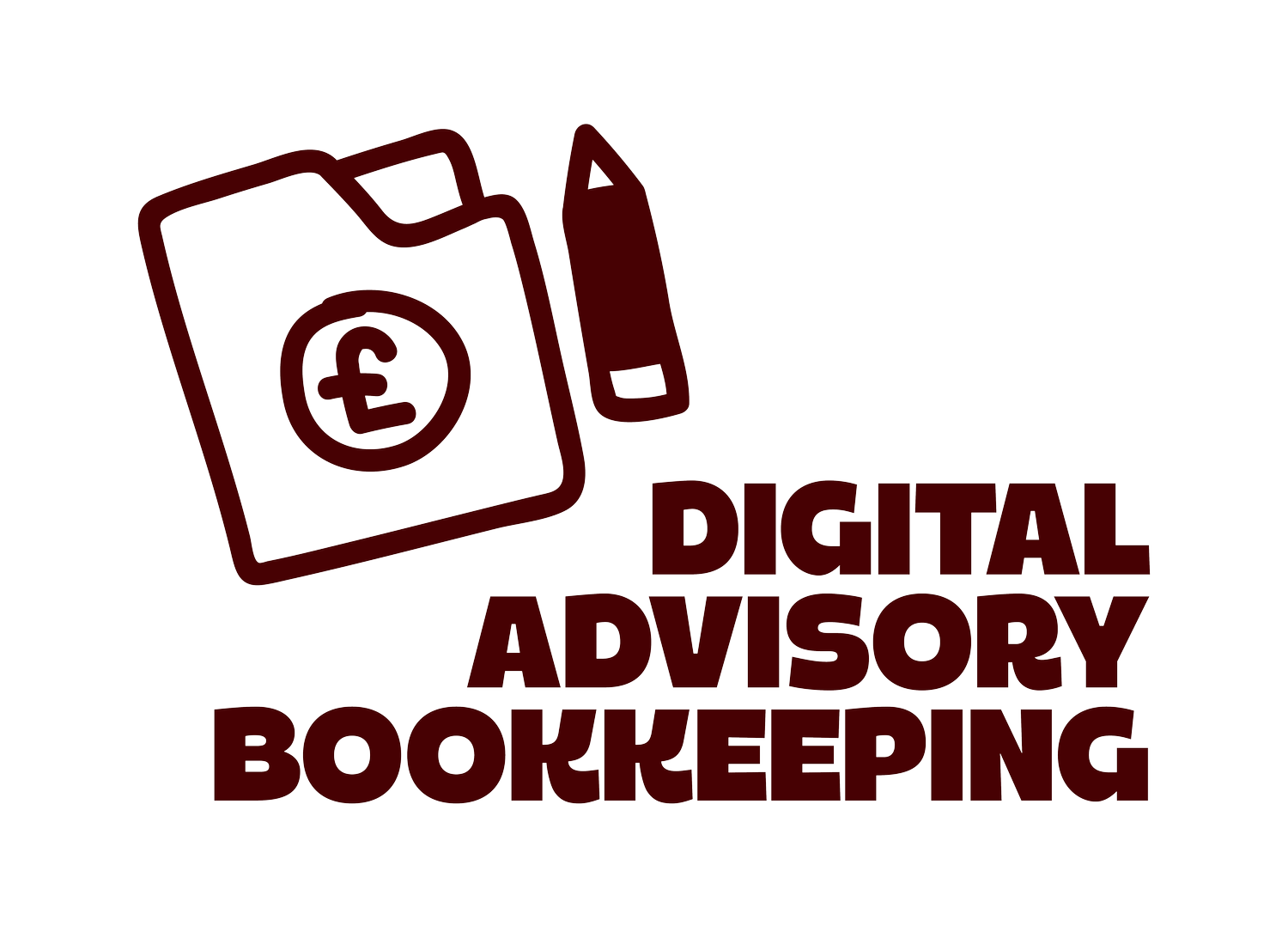Pre-Trading Business Expenses
Understanding Pre-Trading Expenses: What You Need to Know
Starting a business involves preparation and investments. This means that costs are incurred before your business officially begins trading. These are known as pre-trading expenses.
What Are Pre-Trading Expenses? Pre-trading expenses are essential costs incurred while setting up your business before its operations start. Examples include market research, promotional activities, legal and professional fees, rent and utilities, equipment purchases, software costs, and business-related travel. These expenses can often be claimed as business deductions, provided they meet HMRC's criteria.
Pre-Trading Expenses You Cannot Claim Not all pre-trading costs are eligible for deduction. Expenses that are not wholly and exclusively for business purposes—such as personal costs or claims failing HMRC criteria—cannot be claimed. Accurate record-keeping is vital to ensure that only legitimate business expenses are deducted.
Reclaiming VAT on Pre-Trading Expenditure If your business is VAT-registered, reclaiming VAT on pre-trading expenses is possible under certain conditions:
Goods purchased within four years and still in possession.
Services acquired within six months, directly contributing to your business setup. To reclaim VAT, ensure you have valid invoices, include VAT in your first return, and keep detailed records.
When Does a Business Officially Start Trading? Your business officially starts trading when it begins generating revenue through sales or services, issues invoices, incurs operational expenses, or actively advertises. This date is crucial for accurate financial reporting.
Claiming Pre-Trading Expenses for Your Limited Company Follow these steps to claim pre-trading expenses:
Record all costs with receipts and documentation.
Verify expenses are wholly and exclusively for business purposes.
Include them in your company's first accounts and Corporation Tax Return.
Reclaim VAT on eligible expenses if your business is VAT-registered.
How to add Pre-Trading Expenses to your VAT return You will need to date your pre trading expenses with the date of the first date of the first VAT return period in your accounting software, to ensure that it is included in the VAT return that is submitted to HMRC.
The description should include the actual purchase date and the supporting documentation, usually a VAT invoice or a VAT receipt, should be attached to the transaction in the accounting software for best practice.
Tips for Managing Pre-Trading Expenses
Separate personal and business costs to avoid complications.
Use accounting software for accurate tracking.
Consult a professional accountant or tax advisor for tailored guidance.
Conclusion Claiming pre-trading expenses can reduce the financial strain of starting a business while offering significant tax benefits. By understanding what qualifies, maintaining records, and following procedures, you can ensure your business maximizes these advantages. If in doubt, contact us today and we can set you up on your accounting software, show you how to add transactions to the VAT return and review the VAT return before submitting it to HMRC.
Alternatively you can outsource this and we can get it done for you.
